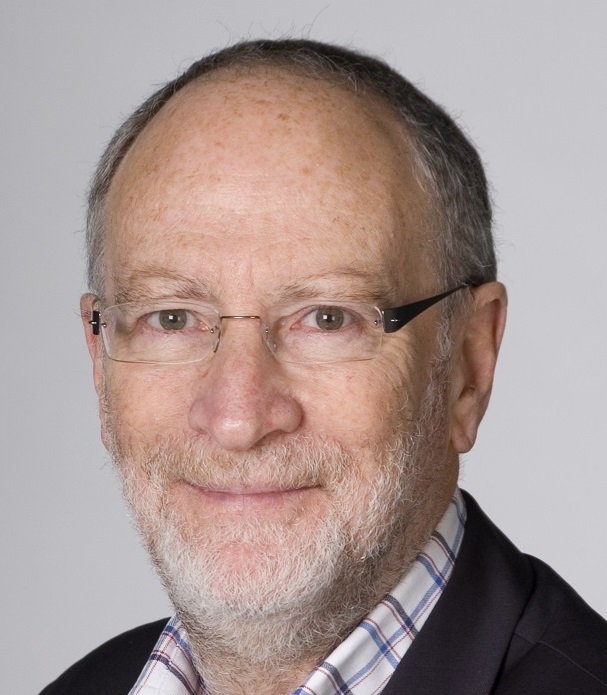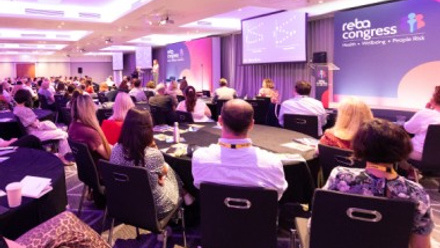Cary Cooper on enhancing mental capital and wellbeing in the workplace

For example, the costs of mental ill health to the UK economy represent 4.5% of GDP or £70bn per annum, according to the Organisation for Economic Cooperation and Development (OECD), and the Office for National Statistics has calculated that 15.8 million sick days are lost every year due to mental health issues such as stress, anxiety and depression.
Time to talk
The first attempt at confronting this issue has been to unwrap the stigma of mental health at work, and the Time to Change campaign has highlighted the need for people at work to talk about their mental health issues, and in life more generally.
This is gaining real momentum as increasing numbers of senior leaders in business and in society are prepared to admit publicly that they have or have had substantive mental health problems during their careers, from CEOs, to politicians, to public sector leaders.
Organisational responses
This has led to a movement toward ‘mental health first-aiders’ in many organisations, whose role is to encourage people at every level of the work organisation to talk about their problems to designated and trained colleagues.
This is usually backed up by workplace counselling or employee assistance programmes, where fully-qualified counsellors are available to employees either face-to-face or by telephone or online. EAPs have been around a long time but the take-up rate until recently has been poor. Now that the mental health stigma is beginning to decline this service is likely to be used more frequently.
The problem here, however, is that over 60% of people in the UK work for a small or medium-sized enterprise, where such a support system is not available to them. This is a problem government needs to tackle.
Work organisation
The other more significant issue is that although the evidence is that EAPs help the individual cope with their work-related stress, they do not have an impact on the work organisation itself. If an organisation has a bullying management style, creates unmanageable workloads, and has a long working hours culture which damages people’s health and wellbeing, EAPs are not the vehicle to deal with these issues.
EAPs are useful remedial solutions, but a more strategic wellbeing approach by the organisations is needed to explore the structural issues that may be depleting employees’ mental wellbeing.
Strategy
This will mean, for example, wellbeing audits of the organisation to identify where there are problems and what they are, interventions based on the data collected to correct the problem and more proactive activities, gleaned from the audits and employee focus groups, to find out what employees feel will enhance their wellbeing in the future.
These interventions might include more flexible working arrangements, fewer long and unsocial working hours in a central office environment, less ‘being on’ 24 hours a day, seven days a week via emails, more autonomy and control over their job, and more social-skilled line managers.
Unwrapping the cultural issues in organisations that deplete people’s mental health and wellbeing will help to prevent future problems in a sustainable way. This is our challenge in the coming years.
This article is written by Professor Sir Cary Cooper, CBE, 50th anniversary professor of organisational psychology and health, ALLIANCE Manchester Business School, University of Manchester and President of the CIPD







